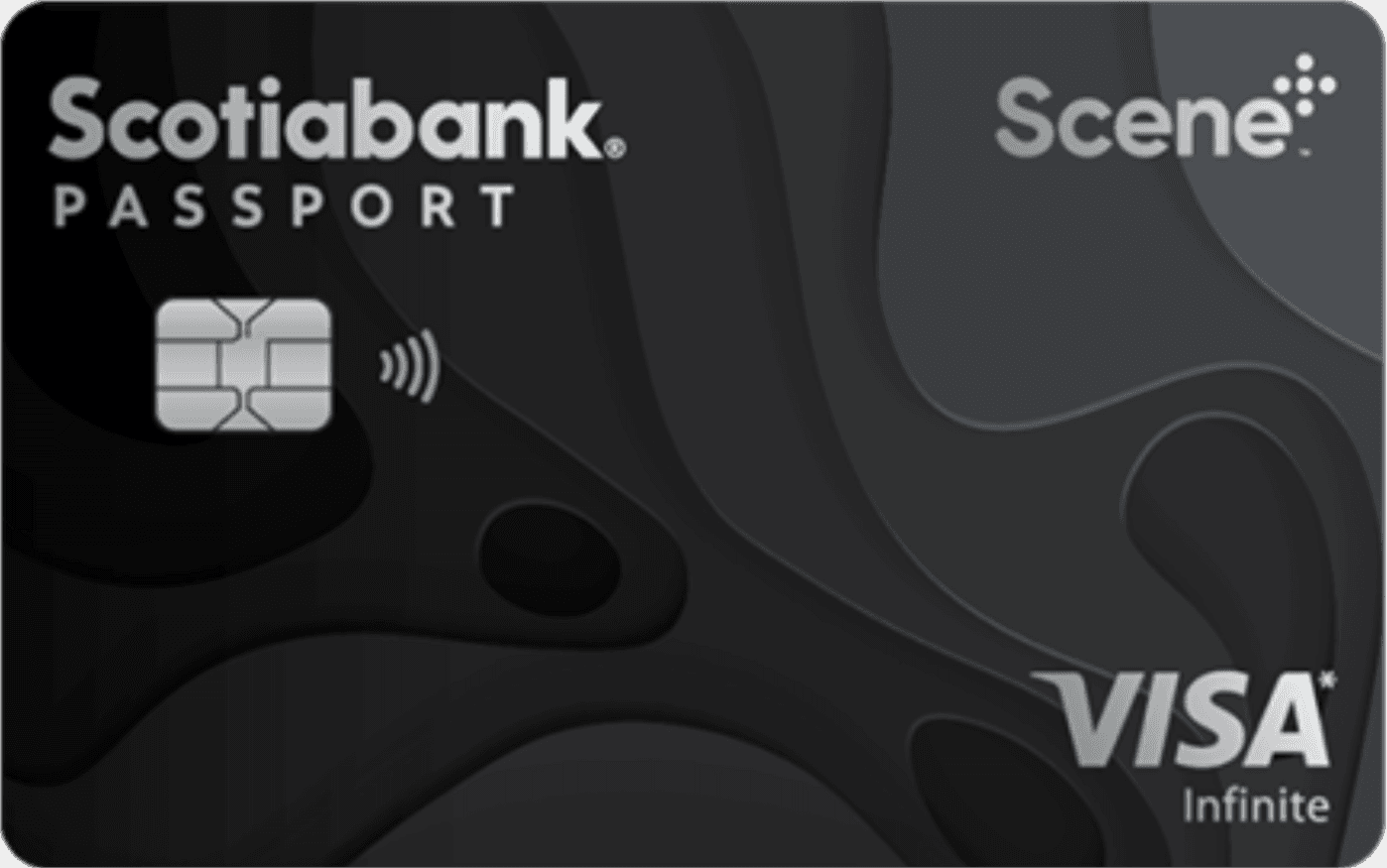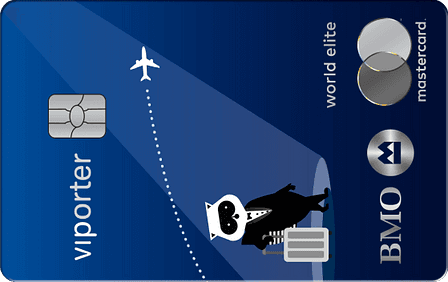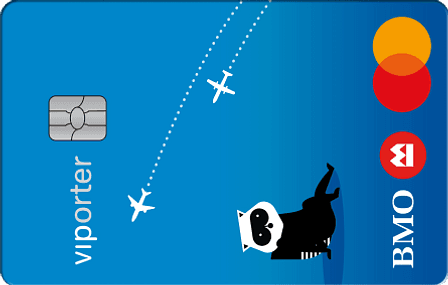
Are Credit Card Rewards Taxable in Canada?
Kevin Shahnazari
Author5 min read
So the tax season is here, and you were wondering if you need to pay taxes on the credit card rewards you earned last year, especially if the rewards earned are significant!
No need to worry because we will discuss the details of your questions in this post.
We will cover different scenarios you have to pay taxes on your rewards and what you should do to avoid paying taxes on those rewards.
Please remember that this information could change, and it's always advised to contact the CRA or a tax expert to get the most up to date details.
Why Are Most Credit Card Rewards Not Considered Taxable Benefits?
Points, miles, and cashback rewards from credit cards are considered non-taxable benefits in most cases. This is because the Canada Revenue Agency (CRA) considers these advantages as discounts rather than taxable income, meaning you are not required to report them on your tax return. There are, however, some situations that these rewards could be counted as taxable income.
Rewards for Using a Personal Credit Card
For the average consumer, credit card cashback and points are ways to save money on different purchases. These bonuses, which might be points, miles, or cash back, are viewed as savings and not income meaning you don't pay taxes on these benefits, just like you wouldn't on the money you save by using coupons at the grocery store. This is because it is very difficult to tax these benefits since the CRA cannot put a fair market value on these rewards.
Want to earn $1,000 MORE in credit card rewards?
Grab your free guide to learn how to maximize the credit card rewards you earn
.png&w=3840&q=100)
Rewards on Business Credit Cards
Credit card benefits typically come from Expenses incurred for a business that are not considered taxable income. However, there are some cases that taxes need to be paid on the rewards that you can read below.
When Might Credit Card Rewards be Taxed?
Rewards from business purchases might become taxable in certain scenarios. Read the points below to avoid using the rewards in ways that might get you taxed!
Conversion to Cash
A tax obligation results from an employee converting awards into cash. The only exception to this regulation is when an employer reimburses awards obtained through business-related costs.
Remuneration in the Form of Rewards
Sometimes, employers give credit card rewards as additional compensation. The CRA sees this form of payment as a taxable benefit. So if you have received rewards in this form, you have to declare them for taxes!
Tax Avoidance
The CRA has policies in place to stop tax evasion methods. Complex schemes incorporating credit card rewards from employment could be considered tax evasion by the CRA.
Company Credit Card Rewards
For instance, if an employer provides a company credit card with a loyalty program, and an employee uses this card for business-related expenses, the rewards earned could be considered a taxable benefit. This is because the employer controls point tracking, collection, and redemption. In such a case, the fair market value of the rewards must be reported.
This situation is an exception to the general rule. It applies when the rewards are not used to offset business expenses but are instead given to employees as a form of benefit. In this case, the rewards are seen as a form of compensation for the employee and are therefore considered taxable.
FAQ:
Does the type of credit card I have affect whether I need to pay taxes on my credit card rewards?
No, the sort of credit card you use does not determine whether you must pay taxes on your rewards. Credit card rewards are taxable depending on other factors, like if they are rewards from personal credit cards or business credit cards and how they are redeemed and used.
Although the type of credit card used does not directly affect whether rewards are taxable, other elements, such as how the card is used and the circumstances surrounding reward receipt, may.
Are crypto credit card rewards taxable in Canada?
Since cryptocurrency is a complicated topic, it is essential to speak with a tax adviser about it because this information is liable to change. The Canada Revenue Agency (CRA) sees cryptocurrencies as commodities rather than payment forms. Taxation may be owed on any revenue derived from Bitcoin transactions, including incentives from credit cards.
Conclusion
In conclusion, the answer to the question Is credit card rewards taxable in Canada can be determined by how these rewards are earned and used rather than the type of credit card or the structure of the rewards program.
The majority of individuals view credit card rewards as tax-free reductions. However, these benefits may be taxable in some business-related situations. This covers cases where prizes are converted to cash, given as extra pay, or accrued using a company credit card under the employer's control.
The tax implications of crypto credit card rewards are still complex, so it is advisable to consult a tax specialist. It's crucial to stay up to date with the most recent information from the CRA because tax policies are constantly subject to change.
Trending Offers

Scotiabank Passport® Visa Infinite* Card

BMO VIPorter World Elite Mastercard®∗

Scotia Momentum® Visa Infinite* Card

BMO VIPorter Mastercard®∗

Scotiabank Value® Visa* Card